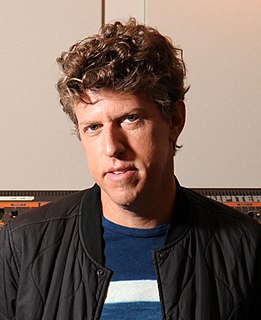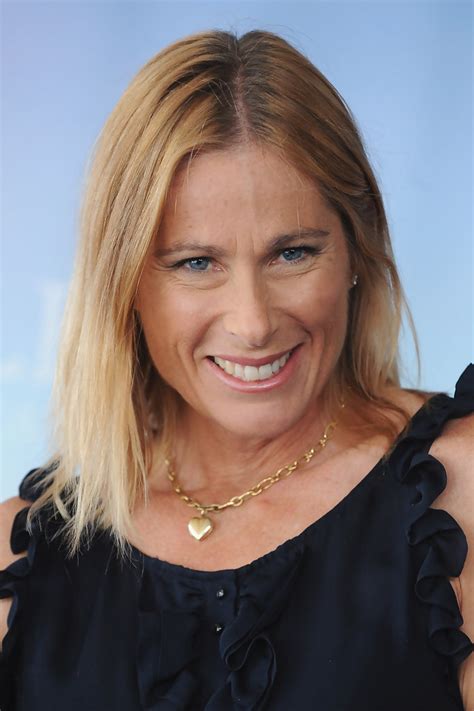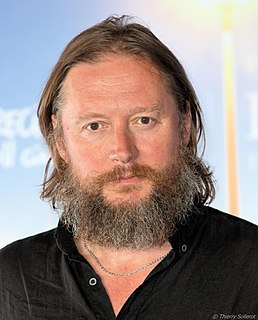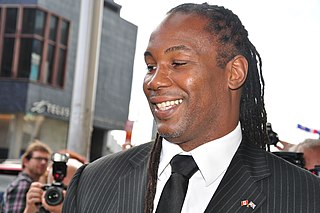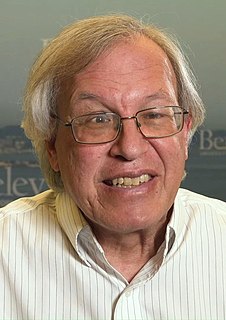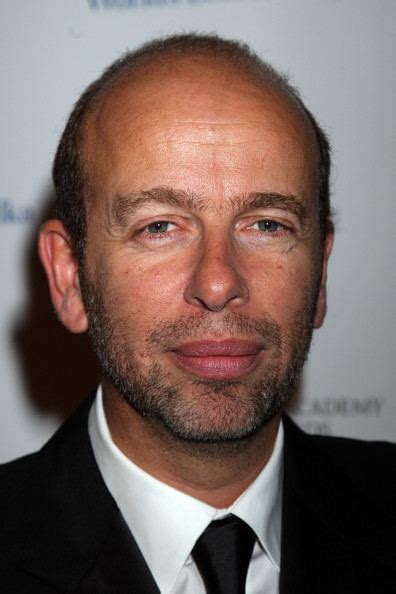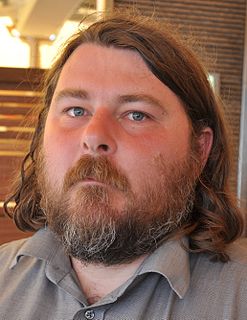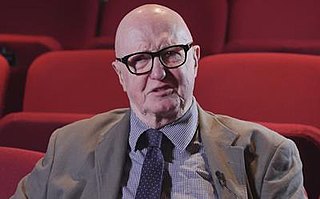A Quote by Mike Leigh
The problem with the British film industry is the nervousness and insecurity about - and genuflection toward - Los Angeles.
Related Quotes
The problem with the British film industry is that it's really the American film industry, or a small branch of in lots of ways because of the common language. But it's great to see some individual voices still there. I think I probably gravitate towards a slightly more European, auteur model rather than the studio thing. I think it would be great if British films were a little bit more auteur driven.
Sprawl is the American ideal way to develop. I believe that what we're developing in Denver is in no appreciable way different than what we're doing in Los Angeles - did in Los Angeles and are still doing. But I think we have developed the Los Angeles model of city-building, and I think it is unfortunate.
People say, "How do you get into the British film industry?" There is no British film industry, there are just people making films and finding their own way. It's not like in the States where there are studios and there's an actual infrastructure to it; there's just nothing here. You make it from scratch a lot of the time.
In the late 1930s, both the British and American movie industries made a succession of films celebrating the decency of the British Empire in order to challenge the threatening tide of Nazism and fascism and also to provide employment for actors from Los Angeles's British colony. The best two were Hollywood's Gunga Din and Britain's The Four Feathers...



